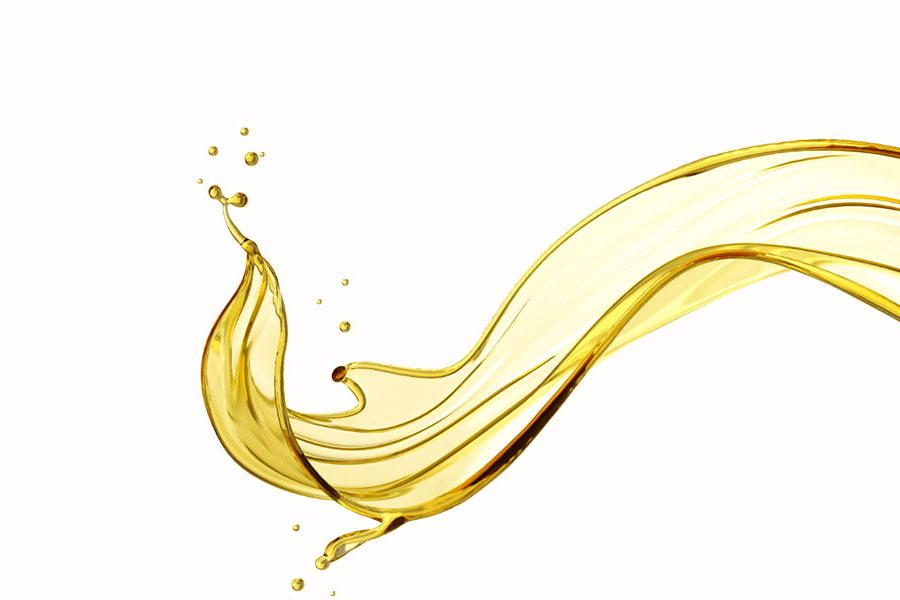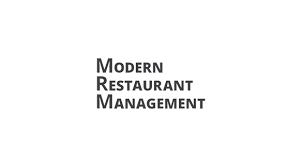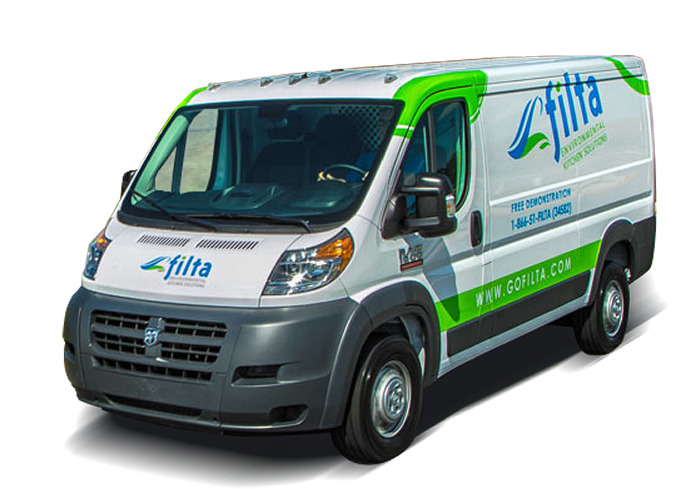As a restaurant or commercial kitchen owner, you’re likely familiar with the term “yellow grease.” But what exactly is it, and how should you manage its disposal responsibly? Fats, oils, and greases (FOGs) are waste products in the food industry that can harm the environment if not disposed of correctly. However, they can also be recycled for various uses and even provide an opportunity to earn extra money.
Understanding the Difference between Greases
First, let’s clarify the distinction between yellow and brown grease. Yellow grease is an animal byproduct resulting from cooking processes. It’s considered “clean” grease because it typically only comes into contact with fresh or frozen food during cooking. Brown grease, on the other hand, is the grease collected in grease and waste traps. This type of grease is considered “contaminated” as it often encounters rotten food and dirty water in commercial drains.
While the yellow type of grease is suitable for a wide variety of industrial uses, the brown kind poses more of a challenge to render into anything useful. While it is possible to recycle brown grease, effective methods are still being worked on, while its yellow equivalent is much more easily processed into a useable material.
The Versatility and Value of Grease
Grease, most often in the form of used cooking oil, is a valuable resource with a wide range of applications:
- Biodiesel production: One of its primary uses is in the production of biodiesel, an eco-friendly alternative to traditional fossil fuels.
- Animal feed: Grease serves as an essential ingredient in animal feed production, contributing to sustainable agriculture.
- Industrial applications: It finds its way into various industrial products such as rubber, soap, clothing, detergent, and cosmetics.
The value of grease extends beyond its diverse applications. There’s a market for grease of the yellow variety, and it’s often purchased from restaurants and commercial kitchens in the form of used cooking oil for recycling. The U.S. Department of Agriculture (USDA) issued a report on October 10, 2023 stating the yellow grease price range in the U.S. was from $48 to $59 per central weight (cwt). Additionally, Yahoo Finance News reported on April 17, 2023 the North American FOG market is expected to grow from $9.5 billion in 2022 to $25.6 billion by 2044.
This not only provides financial benefits to restaurant and commercial kitchen owners, but also promotes environmental responsibility.
Responsible Disposal of Grease
Now, let’s consider how to responsibly dispose of used cooking oil, ensuring both your business’s efficiency and environmental stewardship. One of the most efficient and hassle-free methods is to contract a third-party fryer cleaning service that takes the oil for recycling. These professionals will collect your used cooking oil on a regular schedule made for your convenience, often with little to no downtime for your kitchen staff. This approach eliminates the risk of accidents or spills for your employees and reduces pollution from oil discarded in landfills.
Another option is to transport your used cooking oil to recycling centers yourself. This approach offers greater control but requires time, effort, and finding a recycling center within a reasonable distance from your location.
Lastly, you can use traditional oil collection bins. While effective at getting rid of the oil, collecting used cooking oil in bins can present challenges. It can be hazardous for kitchen staff to empty oil from fryers into the bins. Additionally, these bins can attract pests, dim the aesthetics of your establishment, require regular emptying, and when emptied contribute to landfill pollution.
Used cooking oil, and the grease that comes from it, is a valuable resource with numerous applications and a market for recycling. By responsibly managing its disposal, you not only contribute to the sustainability of various industries but also reduce pollution and environmental harm. Consider the options available to you and choose the method that aligns best with your business’s needs and commitment to environmental responsibility. Properly handling oil and grease disposal is not just a business practice; it’s a sustainable choice that benefits your bottom line and the planet.
Consider Partnering with Filta
We’re thrilled to offer you our waste oil removal services. Our franchise offers a range of commercial kitchen services, including fryer cleaning, oil filtration, oil recycling, and more. We help you keep your kitchen clean, avoid health risks and safety hazards, keep staff downtime to a minimum, and reduce your carbon footprint. Request a free demo today and find out what we at Filta can do for you.












